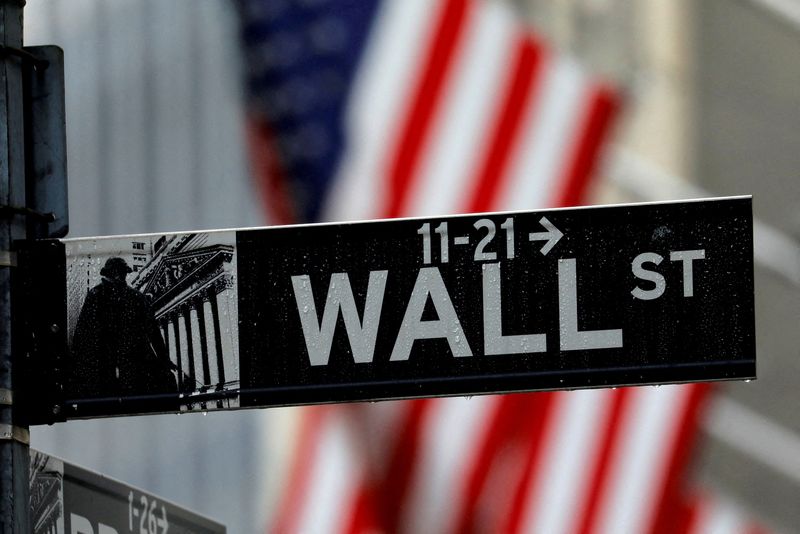(Bloomberg) -- Wall Street lenders are calling on the US government to hold off on launching a digital dollar, arguing that a virtual currency backed by the Federal Reserve risks draining hundreds of billions of dollars out of the banking system.
An American central bank digital currency, or CBDC as it’s known, would act as a direct competitor to private bank deposits and make credit less available to businesses and households, according to the American Bankers Association and the Bank Policy Institute. The trade groups were responding to a Fed discussion paper released in January that laid out the potential benefits and risks of launching a new virtual tender.
“As we have evaluated the likely impacts of issuing a CBDC it has become clear that the purported benefits of a CBDC are uncertain and unlikely to be realized, while the costs are real and acute,” the ABA said in a May 20 letter to the Fed. “Based on this analysis, we do not see a compelling case for a CBDC in the United States today.”
The prospect of the US launching a digital dollar has become a hot-button issue in Washington as crypto has grown to a more than $1 trillion market and so-called stablecoins have drawn concerns from regulators and lawmakers. In March, the White House said in an executive order on cryptocurrency policy that it was placing “highest urgency” on research and possible development of a US digital dollar.
While supporters say a Fed-backed digital currency would help ensure the dollar’s dominance as countries including China move forward with their own versions, the Wall Street trade groups say such a move could backfire.
BPI, for example, said that a digital dollar would dry up a key source of funding for banks. “By attracting deposits away from banks, particularly during a period of economic stress, a CBDC likely would undermine the commercial banking system in the United States, and severely constrict the availability of credit to the economy,” the group said in a separate letter also dated May 20.
Even if banks and other financial firms were to act as intermediaries, any funds their customers place into a CBDC account couldn’t be used to finance loans and other investments in the economy, the groups said. ABA and BPI said that’s because unlike standard commercial deposits, the tender would remain a direct liability of the Fed.
Furthermore, capping the size of CBDC accounts to limit fallout is unlikely to help much, the groups said. The ABA predicted that a cap of $2,500 would still drain $446 billion in deposits from traditional banking. A $10,000 limit would result in more than $1 trillion in deposits leaving the system, the group said.
©2022 Bloomberg L.P.
